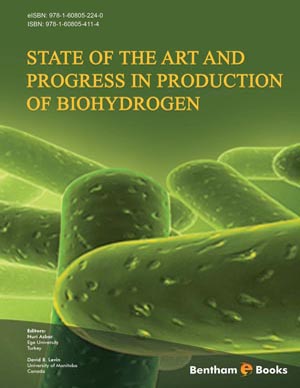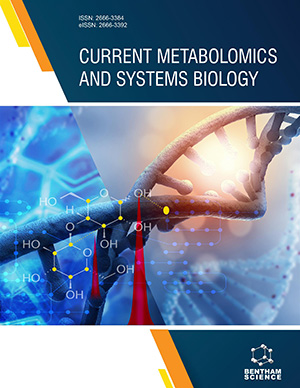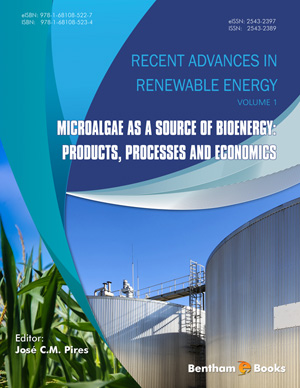Abstract
Dark fermentation has the potential to convert carbohydrate-rich waste-streams into hydrogen (H2). However, current yields of H2 production during fermentation fall far short of theoretical maximum values. If biohydrogen production via dark fermentation is to become practical, yields must be increased. The application of recombinant DNA techniques to direct metabolism towards the production of industrially valuable substrates is an emerging field of study. Metabolic engineering seeks to “improve” cellular function through the modulation of enzymatic, transport, or other regulatory functions of the cell. In contrast to traditional strain improvement approaches involving mutagenesis followed by the screening of colonies for a desired phenotype, metabolic engineering often involves the introduction of heterologous genes or regulatory elements that are often employed to confer novel metabolic configurations.
Keywords: Biohydrogen, microbial metabolism, modeling, metabolic engineering, genetic engineering, genomics, bioinformatics.






















